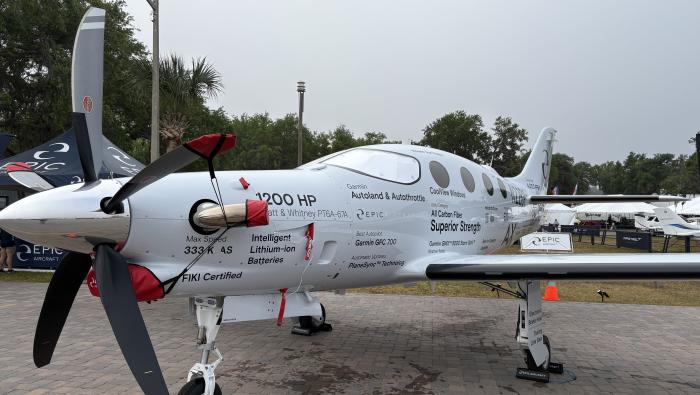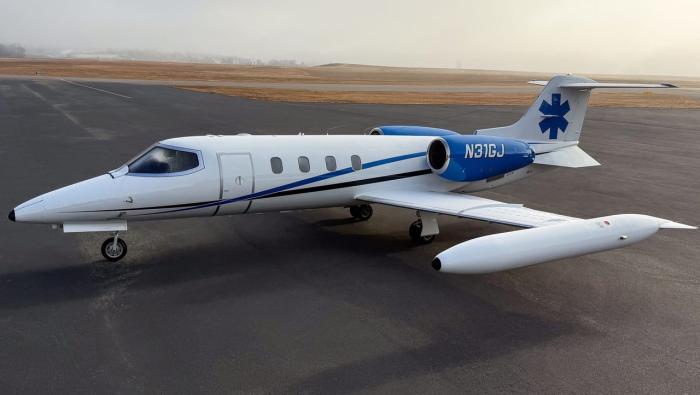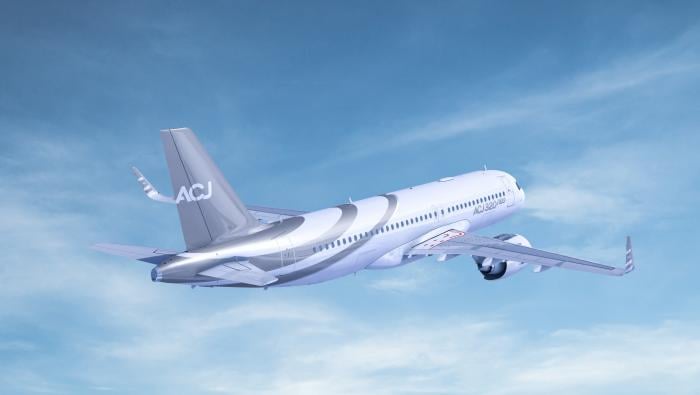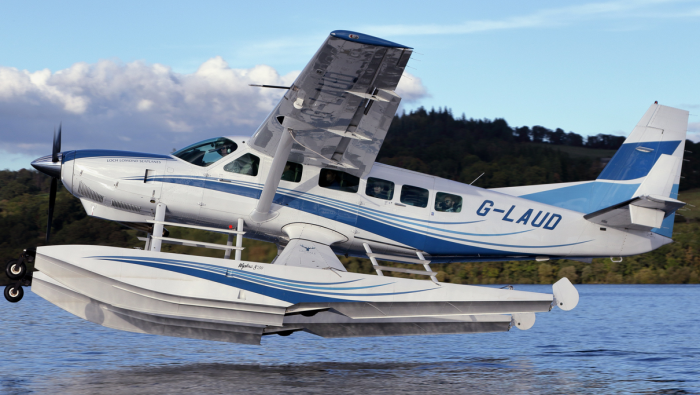The Alenia C-27J Spartan that features in the daily flying display here is a far better fit for the U.S. Army’s future cargo aircraft (FCA) program than the C-295/C-235-based proposal from the rival team of EADS CASA and Raytheon. That was the message delivered here yesterday by Global Military Aircraft Systems, the joint venture of L-3 Communications Integrated Systems and Alenia North America.
“We believe there is a general consensus that the C-27J represents the best solution to the requirement,” said Giuseppe Giordo, Alenia North America president and CEO.
“We have used the best U.S. technology from companies like Honeywell and Hamilton Sundstrand since the start of the C-27 program, so we are not trying to Americanize our product like our rivals.”
Bob Drewes, president of L-3 Communications, said that where the C-295 was designed to fly between airports, the C-27J was designed for military operations. “It can handle standard-size pallets straight off a C-17, an up-armored Hummvee can roll straight on and off with no need to remove the turret or windshield, it can cope with forward bases with unprepared surfaces and it has auxiliary power that the other aircraft doesn’t have.”
A decision on whether to set up a U.S. production line would depend on the quantity ultimately ordered, Giordo said: “We don’t want to add risk and cost.” So far, the requirement is for 33 aircraft to replace the U.S. Army’s Sherpa transports.
Lockheed Martin, which withdrew from a teaming with Alenia earlier this year to pursue a bid involving the C-235 for the U.S. Coast Guard’s Deepwater program, is still supporting the C-27J FCA team as a major associated partner, he added.
L-3 worked with Alenia from 1989 through the mid-1990s on the C-27A program, Drewes said. The C-27J flying here is the second Alenia has completed for the Greek air force: the first two aircraft are ready for delivery, with only paperwork remaining to be completed, Giordo said.







